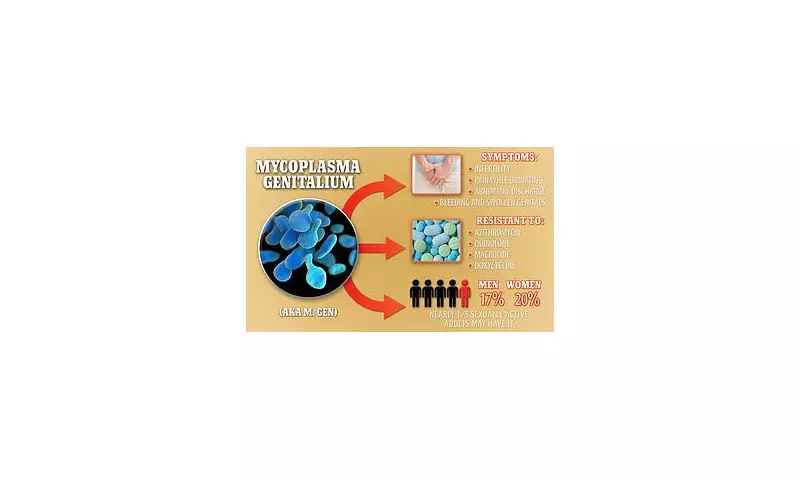
A silent and untreatable sexual health crisis is sweeping across Australia, with new data revealing nearly half a million people are carrying a little-known infection linked to infertility and miscarriage.
The culprit is Mycoplasma genitalium (MG), a bacterial sexually transmitted infection that has developed alarming resistance to antibiotics. Dubbed a 'superbug' by health experts, its symptoms are often mild or non-existent, allowing it to spread undetected.
The Hidden Dangers of MG
While many carriers show no signs, the long-term consequences can be devastating. For women, the infection can cause:
- Pelvic Inflammatory Disease (PID): A serious infection of the reproductive organs.
- Infertility: Scarring and blockages in the fallopian tubes.
- Ectopic Pregnancy: A life-threatening condition where a fertilised egg implants outside the womb.
- Miscarriage: An increased risk of pregnancy loss.
For men, the infection typically presents as urethritis, causing inflammation of the urethra, though it is also often asymptomatic.
A 'Public Health Disaster' in the Making
Sexual health professionals are raising the alarm, labelling the situation a 'public health disaster'. The primary concern is the infection's resistance to first-line antibiotics, azithromycin and doxycycline, leaving doctors with limited and more complex treatment options.
This resistance is fuelled by incorrect prescriptions and patients failing to complete their courses of medication, allowing the strongest bacteria to survive and multiply.
Protecting Yourself: Symptoms and Testing
Public awareness is critically low. Key symptoms to watch for include:
- Pain or a burning sensation when urinating.
- Unusual discharge from the penis or vagina.
- For women, pain during sex or bleeding after sex or between periods.
- For men, pain and swelling in the joints (a sign of reactive arthritis).
Experts urge anyone who is sexually active, especially those with new or multiple partners, to get tested regularly. A specific test for MG is required, as it is not included in standard STI screenings.
The message from health bodies is clear: practising safe sex using condoms is the most effective way to prevent transmission of this stubborn and dangerous infection.





